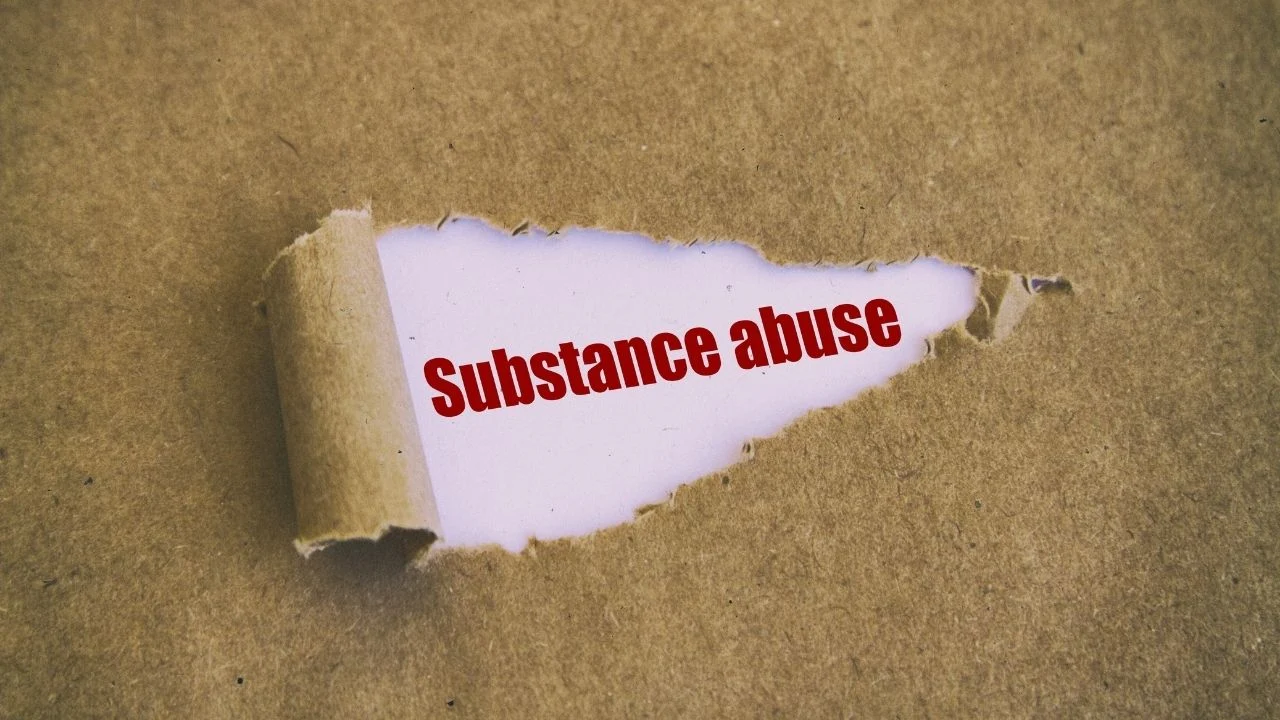
|
Family-based approaches to treating adolescent substance abuse highlight the need to engage the family, including parents, siblings and sometimes peers, in the adolescent's treatment. Involving the family can be particularly important, as the adolescent will often be living with at least one parent and be subject to the parent's controls, rules and/or supports. Family-based approaches generally address a wide array of problems in addition to the young person's substance problems, including family communication and conflict; other co-occurring behavioural, mental health and learning disorders; problems with school or work attendance; and peer networks. Research shows that family-based treatments are highly efficacious; some studies even suggest they are superior to other individual and group treatment approaches (Hogue & Liddle, 2009). Typically offered in outpatient settings, family treatments have also been tested successfully in higher-intensity settings such as residential and intensive outpatient programmes. Below are specific types of family-based treatments shown to be effective in treating adolescent substance abuse.
Brief Strategic Family Therapy (BSFT)
Brief strategic family therapy (BSFT) is based on a family systems approach to treatment, in which one member's problem behaviours are seen to stem from unhealthy family interactions. Over the course of 12 to 16 sessions, the BSFT counsellor establishes a relationship with each family member, observes how the members behave with one another and assists the family in changing negative interaction patterns. BSFT can be adapted to a broad range of family situations in various settings (mental health clinics, drug abuse treatment programmes, social service settings, families' homes) and treatment modalities (as a primary outpatient intervention, in combination with residential or day treatment or as an aftercare/continuing-care service following residential treatment) (Robbins et al., 2011).
Family Behaviour Therapy (FBT)
Family behaviour therapy (FBT), which has demonstrated positive results in both adults and adolescents, combines behavioural contracting with contingency management to address not only substance abuse but other behavioural problems as well. The adolescent and at least one parent participate in treatment planning and choose specific interventions from a menu of evidence-based treatment options. Therapists encourage family members to use behavioural strategies taught in sessions and apply their new skills to improve the home environment. They set behavioural goals for preventing substance use and reducing risk behaviours for sexually transmitted diseases like HIV, which are reinforced through a contingency management (CM) system. Goals are reviewed and rewards provided at each session (Donohue et al., 2009).
Functional Family Therapy (FFT)
Functional family therapy (FFT) combines a family systems view of family functioning (which asserts that unhealthy family interactions underlie problem behaviours) with behavioural techniques to improve communication, problem-solving, conflict resolution and parenting skills. Principal treatment strategies include (1) engaging families in the treatment process and enhancing their motivation for change and (2) modifying family members' behaviour using CM techniques, communication and problem solving, behavioural contracts, and other methods (Waldron et al., 2005).
Multidimensional Family Therapy (MDFT)
Multidimensional family therapy (MDFT) is a comprehensive family and community-based treatment for substance-abusing adolescents and those at high risk for behaviour problems such as conduct disorder and delinquency. The aim is to foster family competency and collaboration with other systems like school or juvenile justice. Sessions may take place in a variety of locations, including in the home, at a clinic, at school, at family court or in other community locations. MDFT has been shown to be effective even with more severe substance use disorders and can facilitate the reintegration of substance abusing juvenile detainees into the community (Liddle et al., 2011).
Multisystemic Therapy (MST)
Multisystemic therapy (MST) is a comprehensive and intensive family and community-based treatment that has been shown to be effective even with adolescents whose substance abuse problems are severe and with those who engage in delinquent and/or violent behaviour. In MST, the adolescent's substance abuse is viewed in terms of characteristics of the adolescent (e.g. favourable attitudes toward drug use) and those of his or her family (e.g. poor discipline, conflict, parental drug abuse), peers (e.g. positive attitudes toward drug use), school (e.g. dropout, poor performance) and neighbourhood (e.g. criminal subculture). The therapist may work with the family as a whole but will also conduct sessions with just the carers or the adolescent alone (Sheidow & Henggeler, 2012).
Reference:
National Institutes of Health (NIH), National Institute on Drug Abuse (NIDA) (Updated 2014, January). Family-based approaches. In Principles of adolescent substance use disorder treatment: A research-based guide. Retrieved 1 March 2016 from https://www.drugabuse.gov.
Donohue, B., Allen, D.A., & Lapota, H. (2009). Family behavior therapy. In D. Springer & A. Rubin (Eds.), Substance abuse treatment for youth and adults (pp.205–255). New York: John Wiley & Sons, Inc.
Hogue, A., & Liddle, H.A. (2009). Family-based treatment for adolescent substance abuse: Controlled trials and new horizons in services research. Journal of Family Therapy, 31(2), 126–154.
Liddle, H.A., Dakof, G.A., Henderson, C., & Rowe, C. (2011). Implementation outcomes of multidimensional family therapy-detention to community: A reintegration program for drug-using juvenile detainees. International Journal of Offender Therapy and Comparative Criminology, 55(4), 587–604.
Robbins, M.S., Feaster, D.J., Horigian, V.E., Rohrbaugh, M., Shoham, V., Bachrach, K. et al. (2011). Brief strategic family therapy versus treatment as usual: Results of a multisite randomized trial for substance using adolescents. Journal of Consulting and Clinical Psychology, 79(6), 713–727.
Sheidow, A.J. & Henggeler, S.W. (2012). Multisystemic therapy with substance using adolescents: A synthesis of the research. In N. Jainchill (Ed.), Understanding and treating adolescent substance use disorders: Assessment, treatment, juvenile justice responses (pp.9-1–9-22). Kingston, New Jersey: Civic Research Institute.
Waldron, H.B., Turner, C.W., & Ozechowski, T.J. (2005). Profiles of drug use behavior change for adolescents in treatment. Addictive Behaviors, 30(9), 1775–1796.
